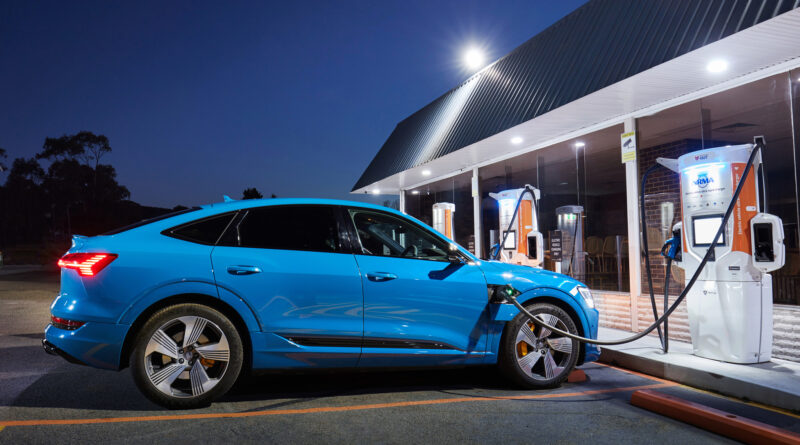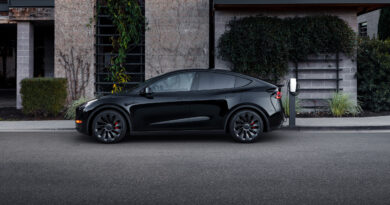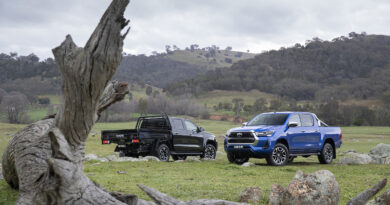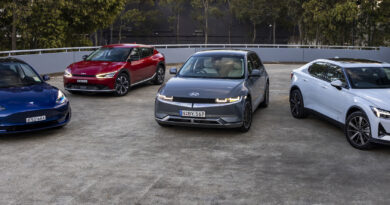“Simply beyond belief” South Australia plans road charges for electric vehicles
The South Australian Government has proposed plans to introduce a road user charge for electric vehicles, in a move roundly panned by industry bodies.
The proposal, outlined by Treasurer Rob Lucas at yesterday’s 2021 State Budget announcement, would see South Australia charge a fixed fee for plug-in-electric vehicles users (similar to current registration charging) and a variable charge based on distance travelled.
The government has defended the move by stating “electric vehicles do not attract fuel excess and therefore make a lower contribution to the cost of maintaining our road network.”
The Federal Chamber of Automotive Industries (FCAI), the peak body for the automotive industry in Australia, has said the South Australian Government’s move is “simply beyond belief.”
FCAI chief executive, Tony Weber, said: “All around the world, developed countries recognise the the environmental and health benefits of low and zero emission vehicles. These countries encourage the uptake of LZEVs (Low and Zero Emissions Vehicles) through incentivisation and the deployment of infrastructure.
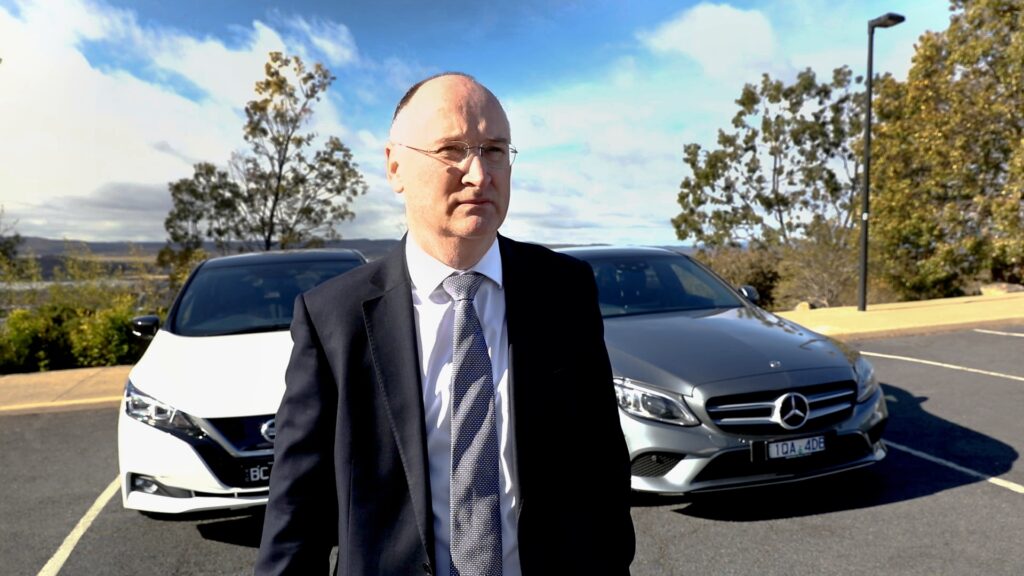
“With its proposal to tax LZEVs through a road-user charging tariff, South Australia is discouraging the uptake of environmentally friendly motoring and is turning its back on the topic of climate change.”
The motoring body believes if the plan goes ahead it will make South Australia “the only jurisdiction in the world that actually opposes the uptake of low and zero emission vehicles.”
While recognising the need for discussion around taxing EV road users in future – monies raised from fuel taxes will inevitably fall as EV uptake increases – the FCAI said before that “we need to have a sophisticated discussion about how we encourage the uptake of all low and zero emission vehicles into our marketplace.”
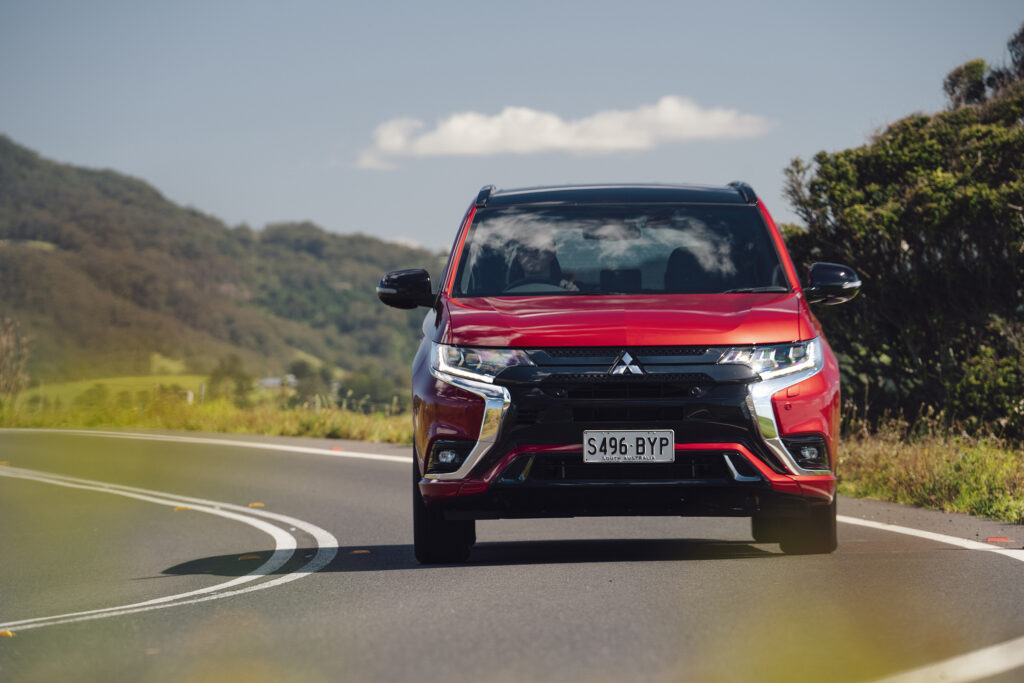
Understandably, Australia’s Electric Vehicle Council has also stuck the boot in.
“While governments around the world are using every means possible to incentivise the uptake of electric vehicles, South Australia reckons they have it all wrong,” said Electric Vehicle Council chief executive Behyad Jafari.
“If the revenue from fuel excise is falling because South Australians are burning less foreign oil, that should be considered a blessing. Overall it’s good for air quality, it’s good for the health budget, it’s good for carbon emissions, and it’s great for economic sovereignty. The last thing any sane government would do is try to hit the brakes on this trend.
“It’s like responding to a drop in the tobacco tax take by slamming a new excise on nicotine gum. Treasurer Rob Lucas has described his move as a ‘no-brainer’ – remarkable then that no other jurisdiction on the planet has come to his conclusion.”
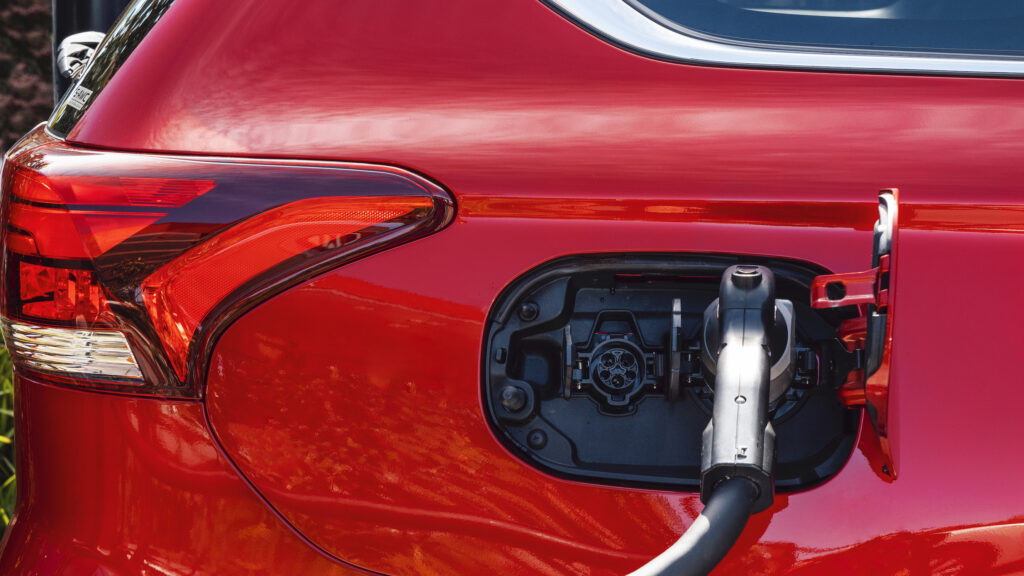
Mr Lucas suggested their estimates showed less than about $1 million per year would be collected by the proposed charge. The state currently has less than a one percent electric vehicle uptake.
At the same time, it was announced the budget had “allocated $18.3 million over four years for a Statewide Electric Vehicle Charging Network as well as a number of other measures to increase the uptake of electric vehicles.”
Mr Jafari made his thoughts on the numbers clear. “There’s little point spending $18 million on charging infrastructure if you are actively discouraging people from buying the vehicles that can use it.”

